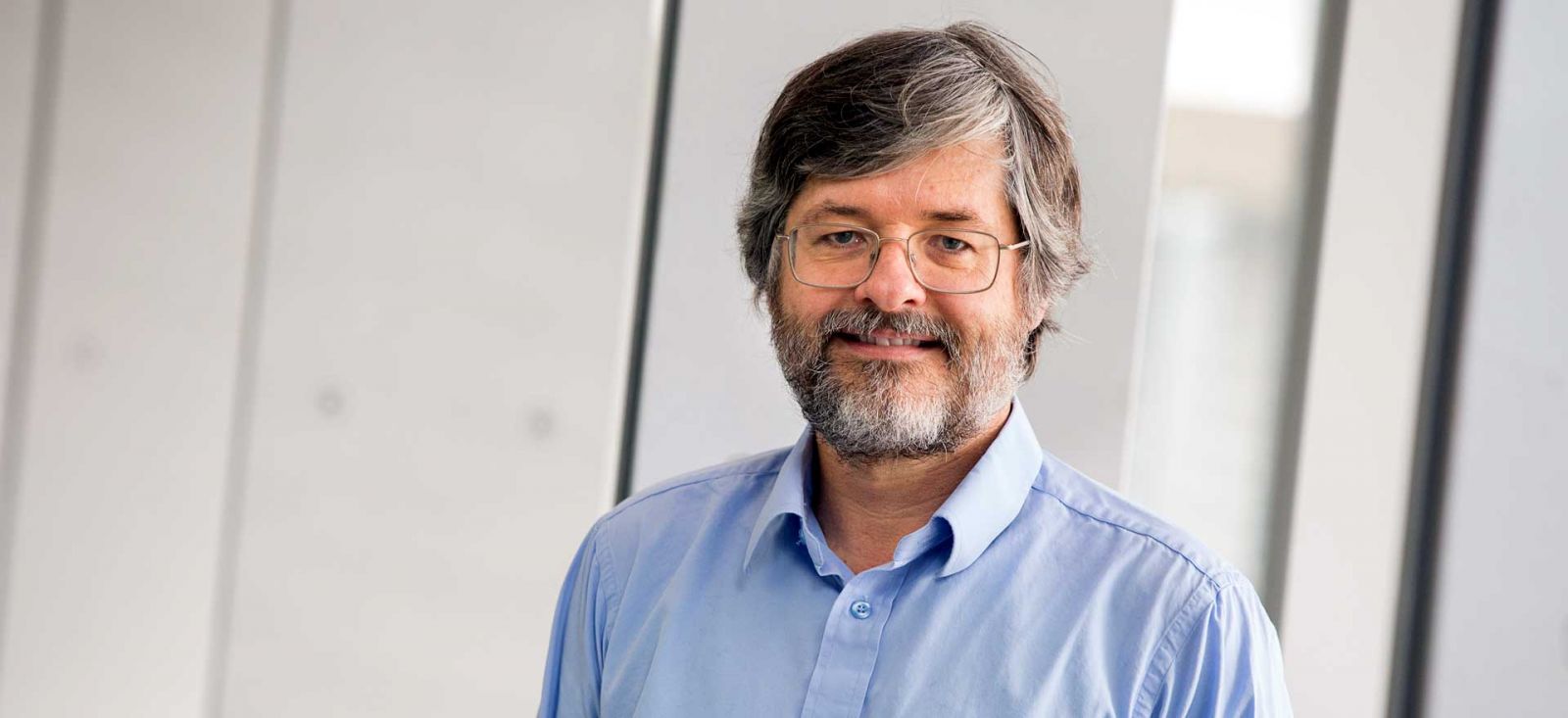Director's Blog - 14 July 2017 - Science for the common good..

Last week, seven copies of a 59-page document were couriered to Sydney and a digital copy sent to the Australian Cancer Research Foundation.
This grant application for a ACRF Facility for Innovative Drug Discovery at the Bio21 Institute has occupied my thoughts and taken a great deal of my energy and time, but has been a catalyst for me in refining a vision for the Institute into the future. Namely, an increasing focus on molecular life sciences, both in basic discovery research and its applications in areas such as diagnostics, chemical tools, biosensors, pesticides, herbicides and drugs which impact in areas such as agricultural sciences, environmental sciences and medicine. It also became a great opportunity to work together with some of the the Bio21 Associate Directors, who are Chief Investigators or listed as key management on the grant and professional staff members in order to gain expert input and feedback, and to ultimately bring it all together as one document.
Should the vision of the ACRF Facility for Innovative Drug Discovery come to fruition, it will a way for Bio21 to renew its platforms, increase industry engagement and to be a resource for all to use who pursue innovative drug discovery research in the field of cancer, at Bio21, the precinct and beyond. It will particularly reinforce our ties with our colleagues at the Peter Mac and WEHI. We were fortunate that both were keen to support us in the application with Chief Investigators listed from both institutions.
The opportunity to apply for funding has been offered to us by the Australian Cancer Research Foundation – a philanthropic organisation. Philanthropies are an important source of funding for researchers.
From the beginning, the Bio21 Institute was made possible by a very generous contribution by Atlantic Philanthropies.
On it’s website, Atlantic Philanthropies state: “The Atlantic Philanthropies were founded by entrepreneur Chuck Feeney, who decided in 1982 to devote his wealth to the service of humanity. A champion of Giving While Living, Feeney has long maintained that people of wealth should use it to better the world during their lifetimes. … Over 35 years, we invested a total of $8 billion in promising programs and people and in places where we saw the chance to create opportunity and promote greater fairness and equity for all. Because we believe that it’s imperative to address deeply rooted problems sooner than later, many of our grants were “big bets” designed to produce lasting results.”
As can be seen by this statement, philanthropies each have their own personalities and motivations for giving. Individuals that create a philanthropy, are driven by a particular set of values and often have a story behind how they came to be devoted to a particular cause, that in some way contributes to the greater good.
Fundamentally there is a great nobility in the scientific pursuit of knowledge, and also much good that can come from the translation of discoveries to improve human health, agriculture and the environment. This is an integral part of Bio21’s vision statement. We can be proud of our foundational values of ‘science for the common good’. They align with those of many philanthropists and may provide opportunities for us to engage with those who aim to devote their wealth to making the world a better place.
For many of us, we are not used to engaging with philanthropists or philanthropic organisations, as it often requires a very different approach. Engaging with a philanthropy is embarking on a common journey, with shared values and goals. It often requires us to build and nurture a relationships, to communicate our research effectively, and to continue to share our successes and our challenges with those who support us.
To date the Faculty of Science has held a number of Academic Champion information sessions around alumni engagement and philanthropy. I encourage all to attend the next one to be held later this year. The University supports alumni engagement and philanthropy with a number of advancement positions in Chancellery. As a first point of call please contact fairbank [at] unimelb.edu.au (Penny Fairbank who is our dedicated Science Advancement Development Manager )
in the Faculty of Science and she will be able to direct any query on where the discussion is across disciplines and Faculties.
In difficult funding environments and the wish of taxpayers to see translational outcomes from their investment in basic scientific research, it is important we position ourselves to take up the opportunities on offer from philanthropy, industry and new government funding opportunities such as the Medical Research Future Fund.
Professor Michael Parker
Director, Bio21 Institute

